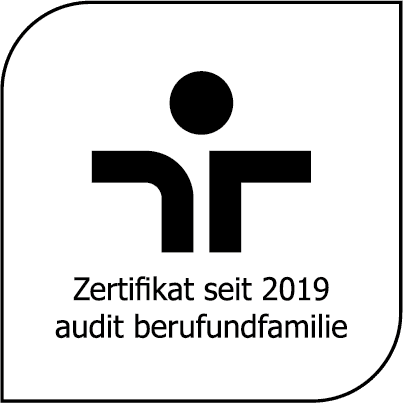Test instruments sorted
Contact person for the Open Test Archive
Gülay Karadere (Dipl.-Psych.)
Research Associate
guek@leibniz-psychology.org
TSI-GER
Thinking Styles Inventory for German Speaking Samples
Short abstract
The TSI-GER measures individual preferences in the construction of knowledge and in the handling of tasks. Based on the style model "Theory of Mental Self-Government" by Sternberg (1997), the TSI-GER-13 includes 61 items which cover the 13 styles of thought (executive, legislative, judicial, hierarchical, monarchical, oligarchic, anarchic, internal, external, global, local, liberal and conservative). The TSI-GER-4 is based on the style model according to Berding et al. (2018), which distinguishes four style types (intrapreneur style, traditionalist style, conformist style and team player style), and contains 46 items. Reliability: Reliability varies between Cronbach's Alpha = .59 and Alpha = .90 for the TSI-GER-13 and between Alpha = .66 and Alpha = .95 for the TSI-GER-4 depending on the study and scale. Validity: The factor structure of both versions was confirmed in several studies by confirmatory factor analyses. The Fornell-Larcker criterion and forest tests prove the discriminant validity of the scales for the TSI-GER-13. For both versions there is evidence of correlations to grades.
Leibniz Institute for Psychology (ZPID). (2019). Open Test Archive: TSI-GER. Thinking Styles Inventory for German Speaking Samples. Available at: https://www.testarchiv.eu/en/test/9007788
Citation
Berding, F., Masemann, M., Rebmann, K. & Paechter, M. (2019). TSI-GER. Thinking Styles Inventory for German Speaking Samples [Verfahrensdokumentation und Fragebogen TSI-GER-4 und TSI-GER-13]. In Leibniz-Institut für Psychologie (ZPID) (Hrsg.), Open Test Archive. Trier: ZPID.
https://doi.org/10.23668/psycharchives.4573
Short information
Short Name TSI-GER
English Name Thinking Styles Inventory - German version
Authors Berding, F., Masemann, M., Rebmann, K., Paechter, M.
Published in Test archive 2019
Copyright/Licence Copyright Authors; CC BY-SA 4.0
Language versions deu
Construct Thinking Styles
Application age 15 years and older
Item number 61 items (TSI-GER-13); 46 items (TSI-GER-4)
Subscales 13 thinking styles (executive, legislative, judicial, hierarchical, monarchical, oligarchical, anarchic, internal, external, global, local, liberal and conservative)
Application Time 10-15 min.
Interpretation time 10-15 min.
Internal consistency: Cronbach's Alpha = .59-.90 (TSI-GER-13), Alpha = .66-.95 (TSI-GER-4)
Information on factorial and discriminant validity; correlations to grades.
None; Reference data: Means and standard deviations.
Applications Research, Teaching
Older versions
Version 1: https://doi.org/10.23668/psycharchives.2461
There is no abstract in English available. Short information about the measure can be found under Overview. More can be found on the German pages.
There is no review in English available. Short information about the measure can be found under Overview. More can be found on the German pages.
First published in
Berding, F., Masemann, M., Rebmann, K. & Paechter, M. (2016). Perspectives on the validity of the Thinking Styles Inventories. World Journal of Education, 6 (6), 69-82.
Feedback form
Feedback on the use of a procedure from the Open Test Archive of the Leibniz Institute for Psychology (ZPID) to the test author(s)
Contact information
Dr. Maike Irmscher (geb. Masemann), Universität Oldenburg, Betriebswirtschaftslehre und Wirtschaftspädagogik, Postfach 25 03, D-26111 Oldenburg
PD Dr. habil. Florian Berding, Universität Hamburg, Fakultät für Erziehungswissenschaft, Berufliche Bildung und Lebenslanges Lernen (EW 3), Sedanstraße 19, D-20146 Hamburg
Univ.-Prof. Dr. phil. Manuela Paechter, Institut für Psychologie, Universität Graz, Universitätsplatz 2/DG, A-8010 Graz, Österreich
Prof. Dr. Karin Rebmann, Fachgebiet Berufs- und Wirtschaftspädagogik, Universität Oldenburg, Ammerländer Heerstraße 114-118, D-26111 Oldenburg

 Learn more about us!
Learn more about us! 
